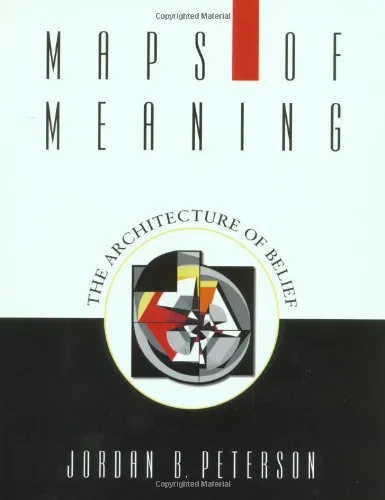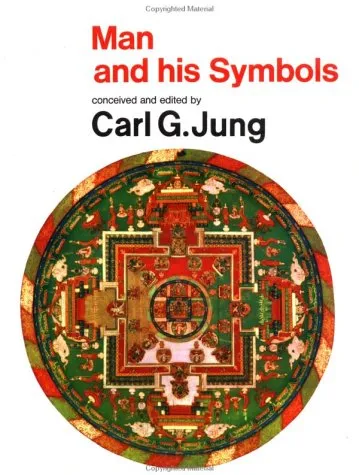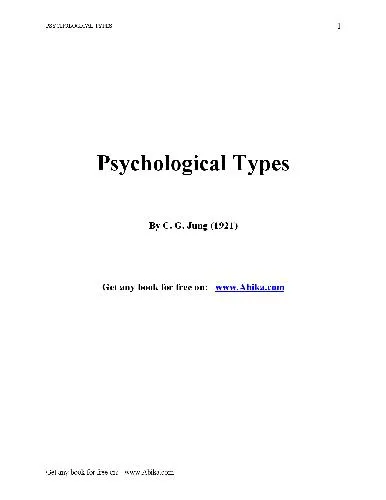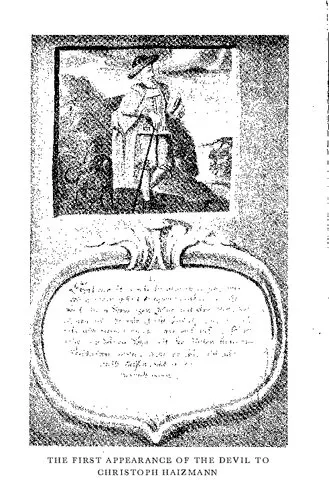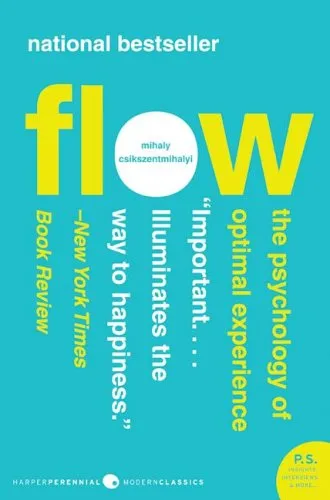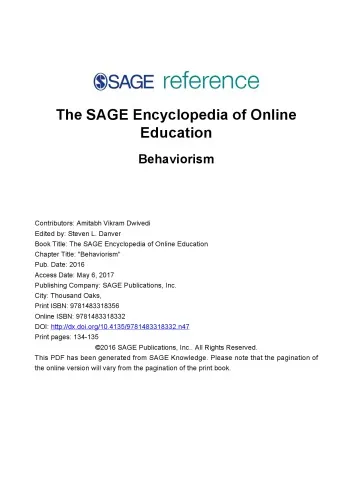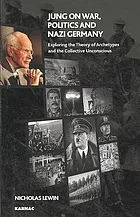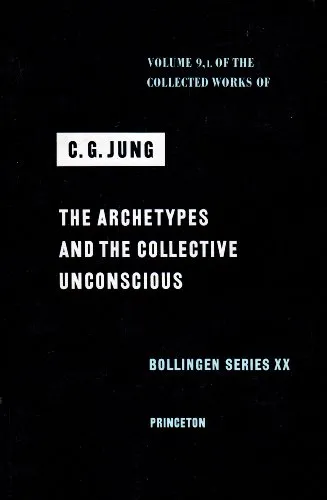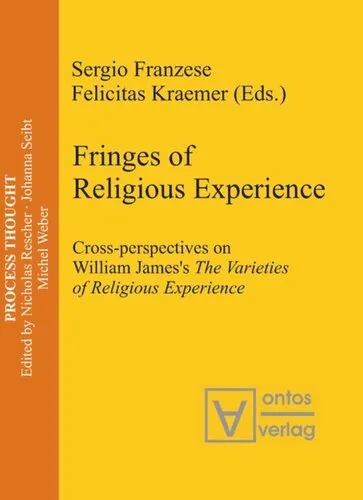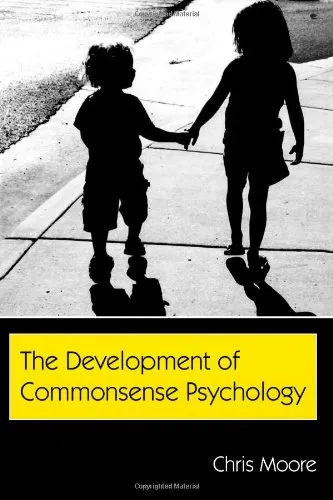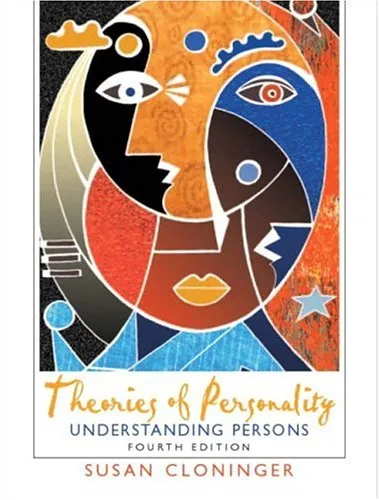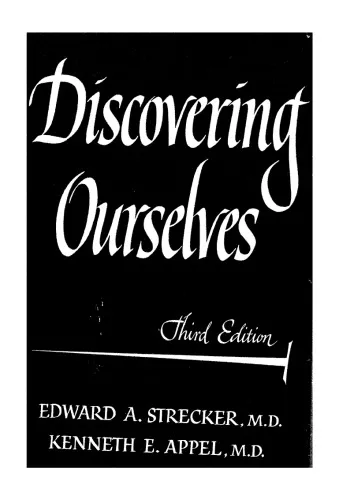Maps of Meaning: The Architecture of Belief
4.0
Reviews from our users

You Can Ask your questions from this book's AI after Login
Each download or ask from book AI costs 2 points. To earn more free points, please visit the Points Guide Page and complete some valuable actions.Related Refrences:
Unveiling the complex architecture of human belief systems, 'Maps of Meaning: The Architecture of Belief' by Jordan B. Peterson is a profound exploration into the fabric of meaning that shapes our reality. This book delves into the intricacies of mythology, religion, and psychology to elucidate the patterns that dictate human thought, emotion, and action. As a comprehensive and scholarly endeavor, it offers readers a unique lens through which to view the enduring narratives and archetypal motifs that govern our lives.
Detailed Summary of the Book
At the heart of 'Maps of Meaning' lies the concept that human beings have constructed elaborate systems of belief to navigate an inherently chaotic world. Peterson embarks on a multidisciplinary journey, weaving together insights from psychology, anthropology, and religious studies. Central to his thesis is the idea that stories and myths, from ancient epics to modern narratives, serve as maps for orienting ourselves in the moral landscape of existence.
The book introduces its readers to the distinction between "Order" and "Chaos" as fundamental existential states. Order is where things function as expected, while Chaos represents the unknown and unpredictable. Peterson argues that personal development and societal progress occur when we balance these two states through mythological narratives and rituals. These narratives encode the cumulative wisdom of human history, transforming chaos into understandable concepts that guide ethical behavior.
Further, Peterson explores archetypal characters like the hero, the adversary, and the wise king, which recur across cultures and epochs. These figures symbolize psychological dynamics and moral lessons, illuminating the path of personal growth and societal structure. By analyzing narratives from diverse cultural contexts, Peterson asserts that these archetypes reveal universal truths about the human condition.
Key Takeaways
- Human beings rely on myths and narratives as tools to navigate existential challenges, maintain societal order, and foster personal growth.
- Archetypes play a crucial role in structuring our psychological and moral frameworks, offering guidance through their timeless narratives.
- Cultural myths express shared values and truths, reflecting deep-seated psychological patterns that transcend individual experience.
- The interplay between order and chaos is central to the human experience, driving innovation, adaptation, and transformation through the pursuit of meaningful goals.
- The book emphasizes the importance of confronting chaos to achieve personal development and resilience.
Famous Quotes from the Book
"The purpose of life, as far as I can tell, is to find a mode of being that’s so meaningful that the fact that life is suffering is no longer relevant."
"To tell the truth is to bring the most habitable reality into Being. Truth builds edifices that cannot be destroyed. Truth builds foundation that cannot be shaken. Truth produces individuals who cannot be crushed. The advancing horde of lies will destroy us all."
Why This Book Matters
'Maps of Meaning: The Architecture of Belief' stands as a seminal work for those interested in the intersections of psychology, philosophy, and religion. Its relevance extends beyond academic circles, offering valuable insights for anyone seeking to understand the underlying structure of belief systems and their impact on individual and collective existence. The book invites readers to reflect on their own beliefs and the narratives they live by, shedding light on the transformative power of mythological and religious stories.
Peterson's work is particularly compelling in today's world, where rapid technological changes and cultural shifts challenge traditional belief systems. By grounding his analysis in universal archetypes and narratives, Peterson provides a framework for grappling with modern existential dilemmas. 'Maps of Meaning' resonates with those seeking to comprehend and reconcile the complexities of human nature and the continuous quest for a meaningful life.
Free Direct Download
You Can Download this book after Login
Accessing books through legal platforms and public libraries not only supports the rights of authors and publishers but also contributes to the sustainability of reading culture. Before downloading, please take a moment to consider these options.
Find this book on other platforms:
WorldCat helps you find books in libraries worldwide.
See ratings, reviews, and discussions on Goodreads.
Find and buy rare or used books on AbeBooks.
1430
بازدید4.0
امتیاز0
نظر98%
رضایتReviews:
4.0
Based on 0 users review
Questions & Answers
Ask questions about this book or help others by answering
No questions yet. Be the first to ask!
